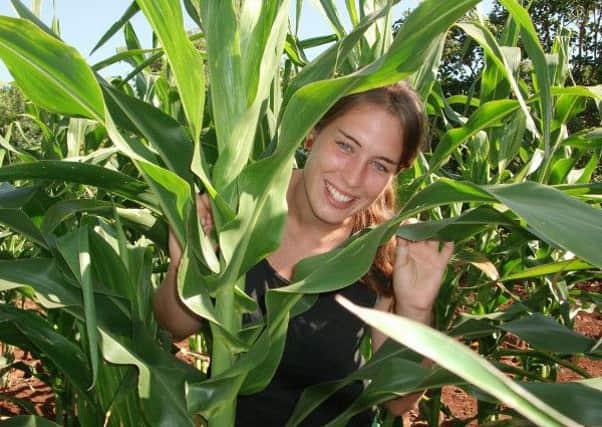Great ideas to make local food more accessible


The day brought together local food producers and retailers, along with representatives from local community food projects, and aimed to identify ways of making local food more accessible.
A number of speakers from flagship projects around the UK shared their experiences and answered questions about how similar projects could work in the Lancaster area.
Advertisement
Hide AdAdvertisement
Hide AdKindling Trust (kindling.org.uk) told us about Manchester Veg People and their Farmstart project. Kindling highlighted the need to redistribute power within the food supply chain rather than tackling one problem at a time. To create a fair food system all customers need to be made more aware about how their food is produced, and need to be able to make greater choices about how they buy their food.
Growing Communities (www.growingcommunities.org) from London talked about their urban food growing and local supply networks in Hackney. Many years of hard work have created a sustainable enterprise guided by five important ‘Ps’: people, principles, pounds, planning and perseverance.
Stroudco (www.stroudco.org.uk) came from Stroud to explain how their ground-breaking food hub works. The food co-operative strives to make sustainable food more easily available around Stroud, at affordable prices. The Open Food Network was also mentioned, as it offers free online platforms for online collaborative retailing- where different producers work together.
After a number of inspiring presentations, and a delicious lunch from Soup Dragon, the afternoon was full of creative thinking!
Advertisement
Hide AdAdvertisement
Hide AdMany exciting ideas were put forward for how to make local food more accessible in Lancaster. Ideas were grouped into common themes, with three themes being selected for further discussion. Collaboration between producers and the need to bring producers and consumers closer together was considered important.
The potential for an online local food hub was discussed further. The food hub would allow producers to contact each other more easily to share resources and skills, and could also act as a place for volunteers to go to find out about local volunteer opportunities. The hub may also become an online sales platform - for customers to place orders with a network of local producers.
Other ideas for making local food more accessible included: encouraging convenience stores to stock more local produce and a shared local market stall. A local producer’s cooperative could make both of these possible.